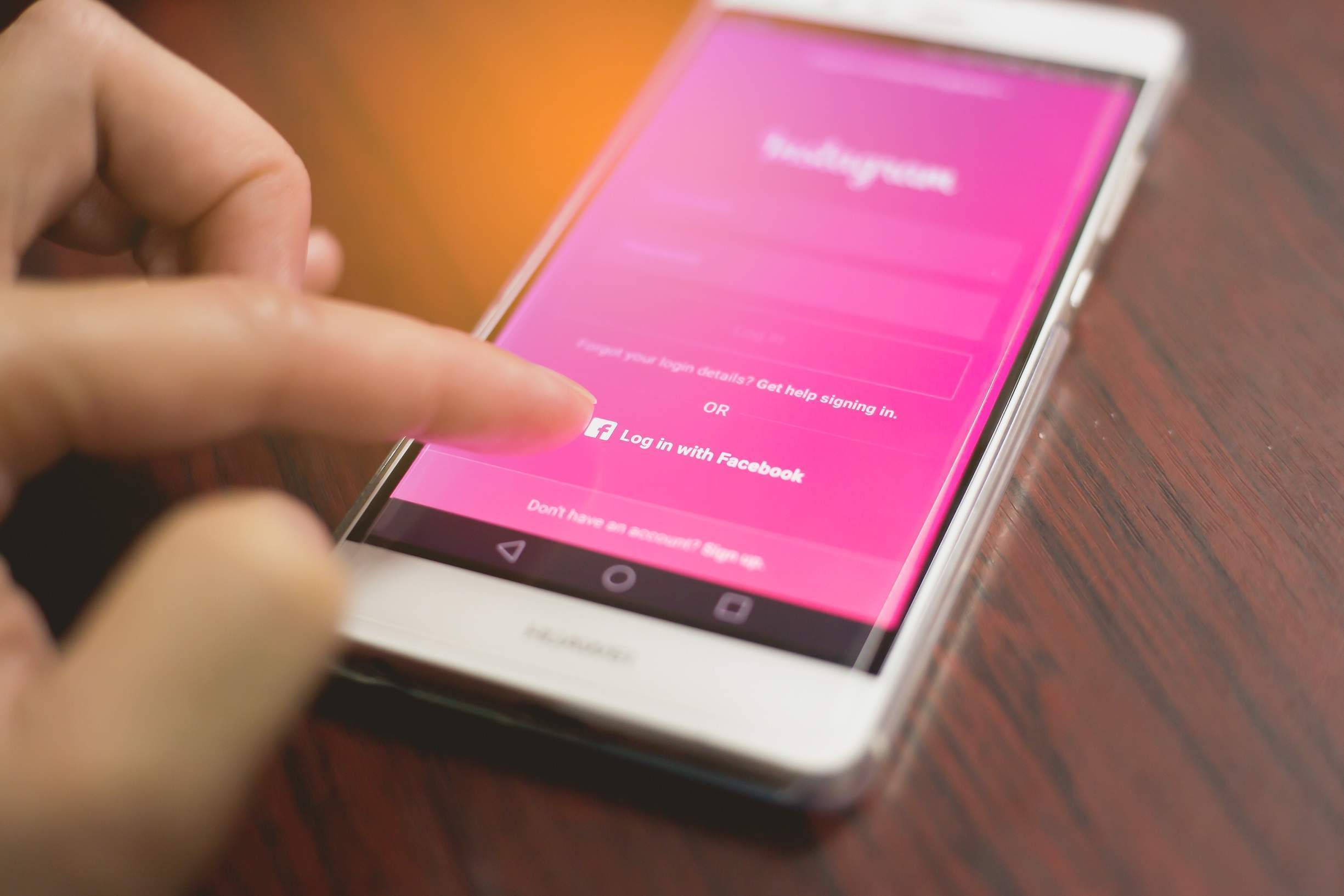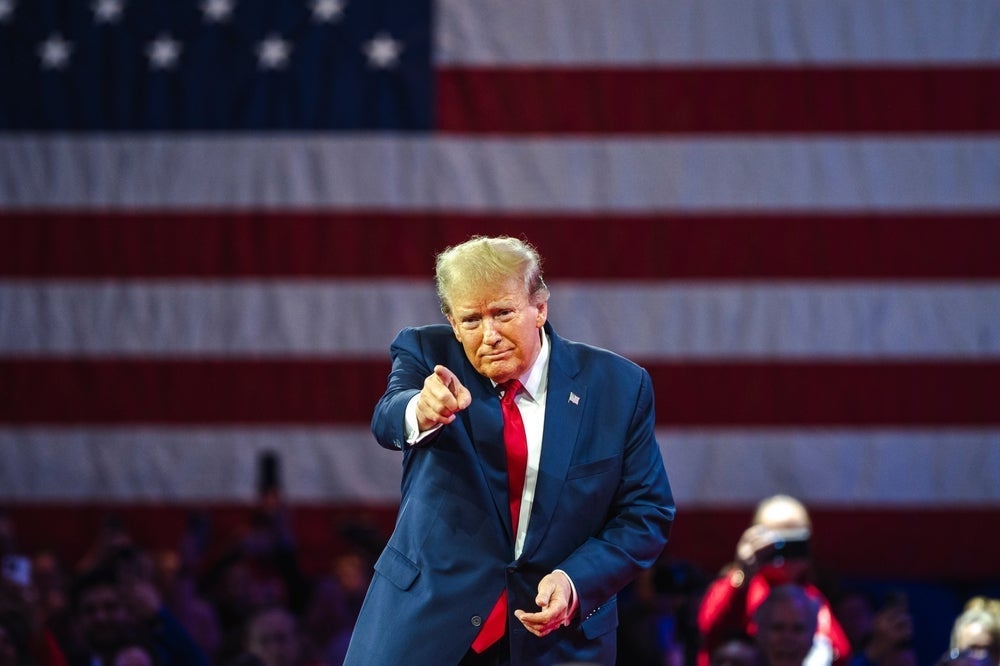
There are few tech battles more intriguing than which company will be crowned smartphone king: Apple or Samsung.
Now, it appears that Chinese smartphone maker Huawei could be on its way to upsetting the dominance of these two companies.
According to data by Gartner, Huawei now has the third-highest share of the smartphone market, at 8.3 percent, compared to Samsung’s 23.3 percent and Apple’s 14.8 percent.
Whilst Huawei still has a while to go to leapfrog Apple and Samsung, it is significant in that it demonstrates the appetite for these mid-range smartphone brands.
As well as Huawei, the combined sales of the top three Chinese brands which include Oppo and Vivo accounted for 24 percent of the market.
How well do you really know your competitors?
Access the most comprehensive Company Profiles on the market, powered by GlobalData. Save hours of research. Gain competitive edge.

Thank you!
Your download email will arrive shortly
Not ready to buy yet? Download a free sample
We are confident about the unique quality of our Company Profiles. However, we want you to make the most beneficial decision for your business, so we offer a free sample that you can download by submitting the below form
By GlobalDataThis shows that the Asian counterparts could do some real damage to the status quo if they carry on at this rate.
Gartner’s research director Anshul Gupta, said:
“The top three Chinese smartphone manufacturers are driving sales with their competitively priced, high-quality smartphones equipped with innovative features. Furthermore, aggressive marketing and sales promotion have further helped these brands to take share from other brands in markets such as India, Indonesia, and Thailand.”
So what is Huawei and why is it doing so well?
What is Huawei?
Huawei, pronounced “Wah-Way”, began in China 30 years ago created telecoms equipment and services. It is now the largest telecoms equipment manufacturer in the world and is based in China’s tech capital, Shenzhen in Guangdong province.
Why are its smartphones so popular?
It began making phones in the mid-2000s but has come into its own in recent years. It gained popularity for its lower-price models in China, the Middle East, and Africa and when it entered the smartphone market, it positioned itself as selling handsets that cost less than $200.
Huawei’s US vice president for external affairs, William Plummer, told Bloomberg:
“We essentially made the market for affordable smartphones. We’re in a good position because we’ve established ourselves as a trusted partner to carriers.”
This has worked very well for the company. In the first quarter of 2017, it sold 34m units despite the fact its latest devices, the P9 and the P9 Plus, have been available for more than a year.
What is Huawei doing right?
According to Avi Greengart, research director in consumer platforms and devices at GlobalData, it helps that it has strong brand recognition in one of the world’s biggest markets: China.
“China is an enormous market where Huawei has strong brand recognition and Samsung is weak here. Of course, the competition is brutal; Oppo and Vivo have built out extensive retail distribution and are nipping at Huawei’s heels,” Greengart told Verdict.
As well, the company has managed to fend off other Chinese rivals selling directly to consumers, such as Xiaomi, by building an online-only brand, Honor.
“The Honor line has sold well: its Honor 8 smartphone sold 1.5m units in the first 50 days; by the end of 2016 it hit 5m in sales,” said Greengart.
Despite struggling to sell in the US because it doesn’t have carrier distribution, Greengart says it is steadily expanding sales outside of its native China into other countries in Asia and Europe.
Its success is timely: Apple is struggling
The second biggest smartphone maker, Apple, has been struggling to shift units recently. It sold just 50.76m units in the first quarter of this year, down 51.19m last year. Whilst the company traditionally sees a spike in sales when it releases a new device, this is followed by a slowdown over the next few quarters.
Gupta said:
“Sales of iPhones were flat [in this quarter], which led to a drop in market share year over year. Apple is increasingly facing fierce competition from Chinese brands Oppo and Vivo, among others, and its performance in China is under attack.”
Unless Apple pulls it out of the bag with the 10th anniversary iPhone expected this year, we could see the brand’s sales decline even more.







